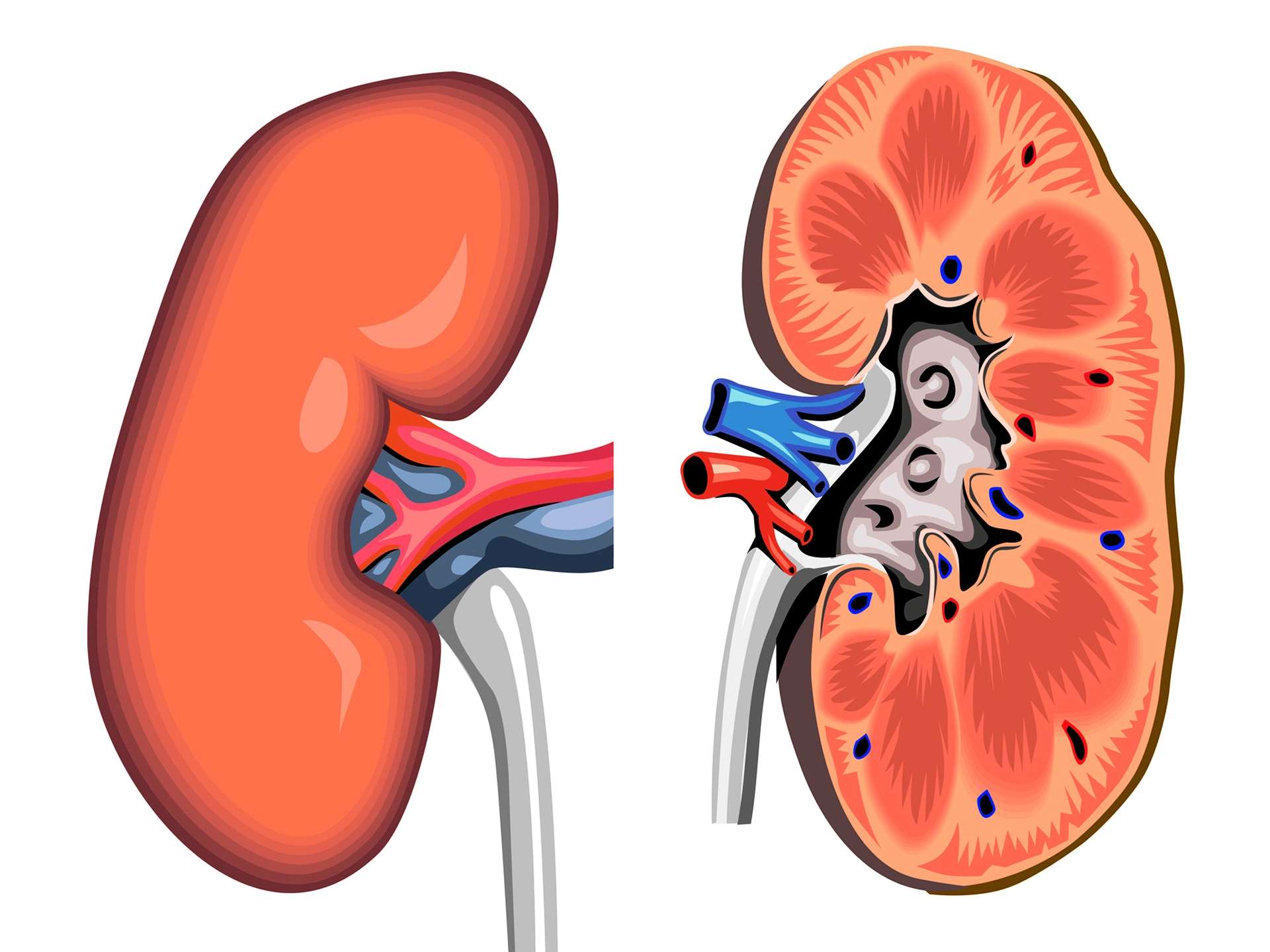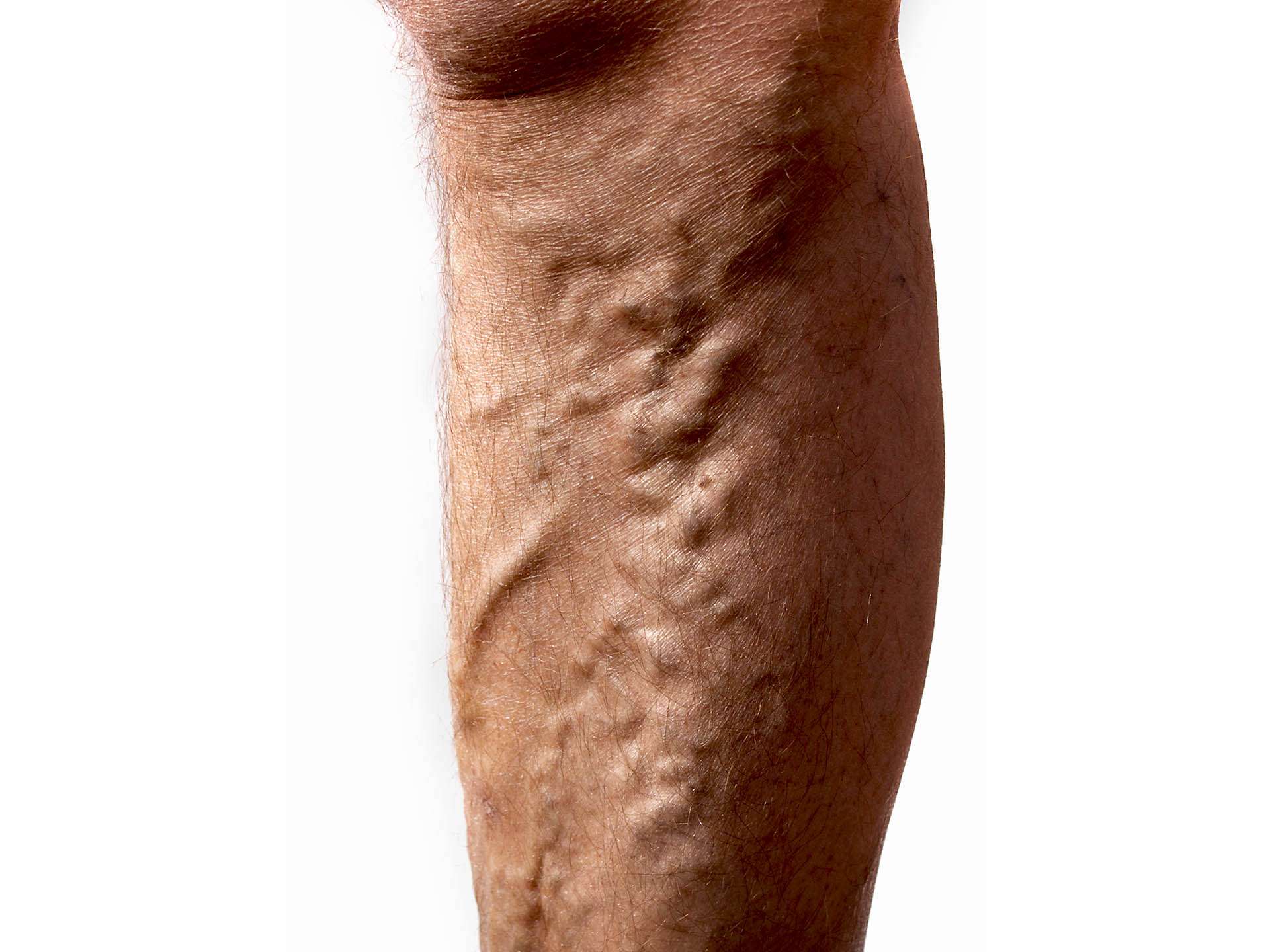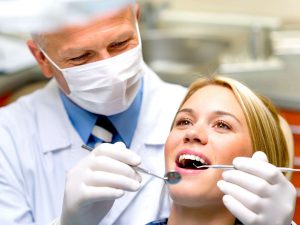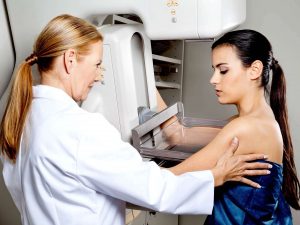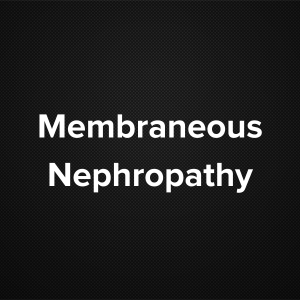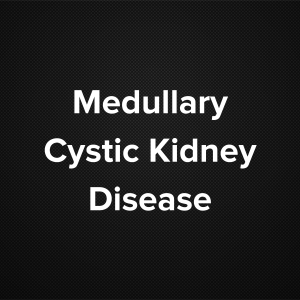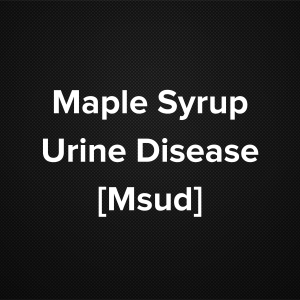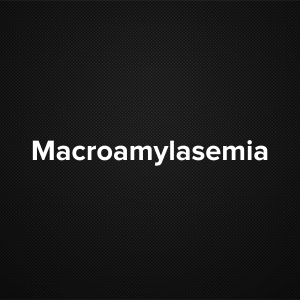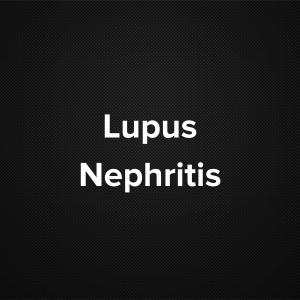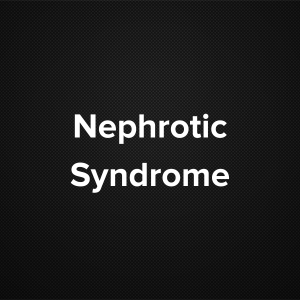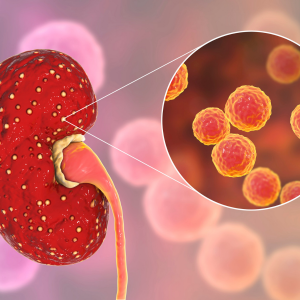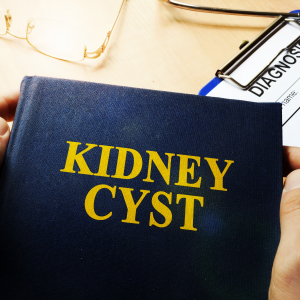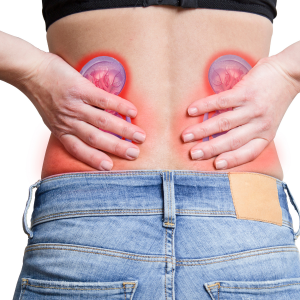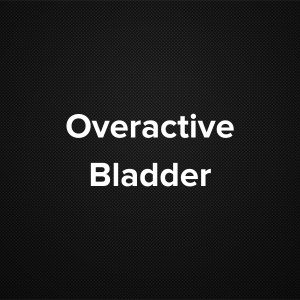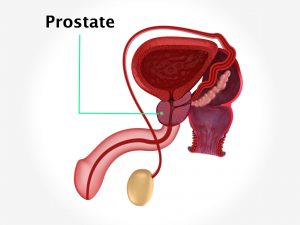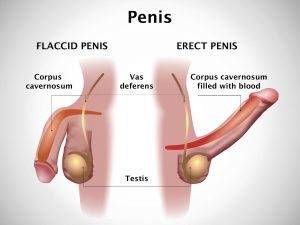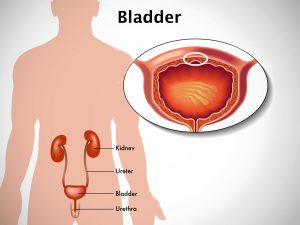One of the most important parts of our bodies, the kidneys, play the critical task of removing toxins as well as extra water from the blood (which is excreted in the form of urine). They also regulate the blood pressure, generate blood cells, and help in sustaining the health of our bones. Placed below the rib-cage and constituting over a million minute filters, they separate the useful elements that the body needs and flush out the unnecessary or harmful ones, they are approximately the size of your fist. In addition to the functions mentioned above, they also maintain the presence of minerals in your blood stream. Kidneys also take care of blood acidity (pH level). A dysfunctional kidney would lead to many ailments.
The Silent Death-Warrant: Chronic Kidney disease
Chronic Kidney disease (CKD) is the loss of kidney function across a span of months or years. Once the nephrons in your kidney stop filtering, your kidney is worn out completely. So, in the initial stages, when only some nephrons have been affected, the others can continue the work. However, slowly, majority of the nephrons stop functioning properly. Thus, ultimately, there are so few healthy nephrons remaining that they just cannot help the kidneys function appropriately. This span, when the kidneys begin to stop working properly, is called kidney failure, and it negatively influences your entire body, making one ill. This can also lead to death, if left untreated.
Youth and rising kidney problems: Doctors today are finding that kidney problem is tagged along automatically with the kind of life that young adults lead today. Diabetes, kidney issues, and hypertension are the tripple dangers to the health of young people today. Diabetes and high blood pressure are the primary causes of kidney problems. Why? The nephrons get damaged due to high blood sugar and pressure. The blood vessels are also negatively affected by these. The symptoms and diagnosis of these two diseases often conceals the presence of kidney issues. However, if you are careful and make sure you lead a healthy lifestyle and keep a check on your body, you can avoid getting kidney issues, or if you are afflicted by one, you can identify and get it treated.
Symptoms of kidney problems: These symptoms will help you to recognize if you might be suffering from a kidney disease and receive treatment for the same.
A person with kidney issues has reduced production of urination. This happens because the kidney cannot filter the blood and thus generates no or negligible amount of urine. Slowly, water might accumulate in the body leading to edema. Edema is the inflammation of parts due to excessive accumulation or retention of water in the body. This starts with feet and ankles and can also impact the face. Thus, your weight might spike up unexpectedly during these times. You might feel shortness of breath if the kidney problem has reached higher levels and is leading to accumulation of water in the lungs, leading to pneumonia. The tendency to urinate excessively can also point to problems. If you excrete more than 2.5 litrrs of urine daily, then your kidneys might be telling you that they are not able to reabsorb the water while filtering the blood. Your urine might appear to be colorless or light yellow. Badly working kidneys can also result in other problems in metabolism and chemical balance. Gradually, you might be frequently nauseous or might vomit. This could lead to weight loss. Since the toxins are not being removed from the body, the build-up of waste can lead to aggravated itching, which will make your skin look dark or blue. You might become more prone to cuts, which even though small, will bleed for a long time. You could also experience nosebleeds.
Causes of kidney problems in young people: As we already discussed, kidney problems are caused due to other related issues like diabetes and hypertension. These, in turn, are closely connected to the lifestyle of the young people. Use of substances like liquor or tobacco, absence of a balanced diet, lack of physical exercise, and the constant stress due to the nature of jobs can lead to diabetes and hypertension, ultimately resulting in kidney issues.
Diagnosis of kidney problems: No matter which kidney issue you have, if it continues, it will eventually result in kidney failure and this progressive leading of the issues to failure is called Chronic Kidney Syndrome. You can diagnose this syndrome using blood and urine tests.
Did you know that about 40% of those who are afflicted by diabetes gradually acquire CKD? Though you might not have the symptoms, if you are suffering from diabetes, hypertension, or if your family history includes kidney failure, it would be best to get the tests done. This would include a urination examination to verify your protein levels and a blood test to get an idea of the amount of waste in your blood stream. An ultrasound of the kidneys could also be done.
Treatment of Kidney Problems: If you have been diagnosed with any kidney problem, the first thing to do would be to change your lifestyle. Get your weight to correspond to the correct Body Mass Index, eat healthy, and stop smoking or drinking liquor. You will be advised to go on a low-protein diet and to take pills to control the blood pressure and sugar levels. If your kidney problems escalate to higher levels, you might have to go on dialysis. In severe danger, the kidney might need replacement (called renal transplant).
Prevent kidney problems with simple measures:
Tip 1: The most important part of working on any illness is the way one leads their lives. Change your lifestyle to a healthier one. Eat a balanced diet, do physical exercise, stop smoking or drinking alcohol and think positively! This will keep diabetes and hypertension at bay, thus reducing the risk of kidney problems.
Tip 2: Reduce the amount of salt you consume. Intake of excessive salt can result in kidney stones and high blood pressure.
Tip 3: It is critical that you drink at least 8 to 10 glasses of water daily. This will help the kidney to remove waste from your blood stream.
Tip 4: Make sure you do not stop yourself from urinating. Understand that your urinary bladder has a capacity of holding 1200 to 1500 mL of urine and not discarding it would affect the kidney functions.
Tip 5: Avoid self-medication or unnecessarily taking medications, for example, popping a pill for the slightest headache or backache. Any medicine you consume has to pass through your kidney to get filtered. If you consume too many medicines, it will strain your kidney while it refines and filters them.
